Addiction recovery takes time and effort. It is a process that anyone who wants freedom from drugs or alcohol must accept. All addiction detox processes have similarities, but every situation is unique. How long the addiction has existed, the products used, and the number of products consumed can affect the detox experience. The health, personality, and experiences of the individual will also have some effect on the recovery. Due to the potential differences, no one can estimate an exact time of how long detox will take or what the individual will experience. What is known is that people who have the supervision and guidance of a caring recovery team will stay safer and more comfortable than those who go through the process of recovery alone. Family members, medical care as needed, and experienced counselors make addiction recovery less frightening for everyone. This short guide can help those in need of treatment and their loved ones understand what they can expect.
What Happens During Detox
Habitual drug and alcohol users experience changes in their brain activity after consuming drugs or alcohol for a long time. The brain ceases to make some chemicals and instead relies on the drug. The body experiences withdrawal when use ends because the brain must readjust and return to its former activity level. Addicts may experience many types of physical symptoms when they stop consuming alcohol or taking drugs. People who have used these products heavily or for years will often experience more severe symptoms than people who did fewer, but not always. The withdrawal response can include a variety of physical and emotional changes based on the product consumed.
- Headache
- Watery eyes and runny nose
- Excessive perspiration
- Fever
- Irregular or rapid heartbeat
- Blood pressure increase
- Muscle aches
- Anxiety
- Insomnia
- Frequent yawning
- Nausea and vomiting
- Abdominal cramping
- Irritability
- Tremors or seizures
- Hallucinations and disorientation
Potential Timeline for Detox
People often begin to feel some effects within the first few hours after they stop drinking or consuming drugs. The first two-three days are usually the most severe. Uncomfortable side effects may continue for a week or more. Many people in recovery begin to feel the withdrawal symptoms lessen as they enter their second week of detox. Some people have nagging withdrawal symptoms like fatigue, insomnia, or anxiety that can last for weeks or months. In extreme cases, some problems may continue for up to a year.
How Recovery Professionals Help
Recovery treatment professionals help the addict and their loved ones through detox and recovery in many ways. Inpatient residential care ensures that medical professionals and counselors always remain available to the patient. The staff monitors the physical, mental, and emotional health of the patient through detox. Some people may require medications or supplements as their body heals. Some of the products used are to treat anxiety or other emotional issues. Relief from pain, treatment for insomnia, or other symptoms common in detox may become too overwhelming for the individual to manage alone. Inpatient care allows the use of these medications to occur safely and under medical supervision.
The Benefits of Inpatient Care
One of the most valuable benefits of inpatient care is the consistent supervision from trained professionals, but it is not the only benefit. Residential treatment centers allow the individual to detox in a relaxed environment with no interruptions. People that choose this type of recovery experience have the freedom to focus solely on their recovery. The programs can offer a variety of services and activities to keep people comfortable. Counseling sessions allow the patient to understand their addiction. People learn how they can avoid harmful situations and manage their triggers once they leave the treatment center. Many people discover new ways to manage the emotions or fears that once led them to alcohol or drugs. Some may choose meditation, and others may turn to exercise, art, and many other healthier pursuits for stress relief. Many addicts want to quit, but fear makes them delay asking for help. Detox and recovery are never easy. Guidance and support make addiction recovery easier than continuing to fight the emotional and physical pain of addiction. We can help, and there is no reason to wait. Our staff is available 24 hours a day, every day. Call now at 424-499-2603 and get started on the path to a healthier, more fulfilling future.










